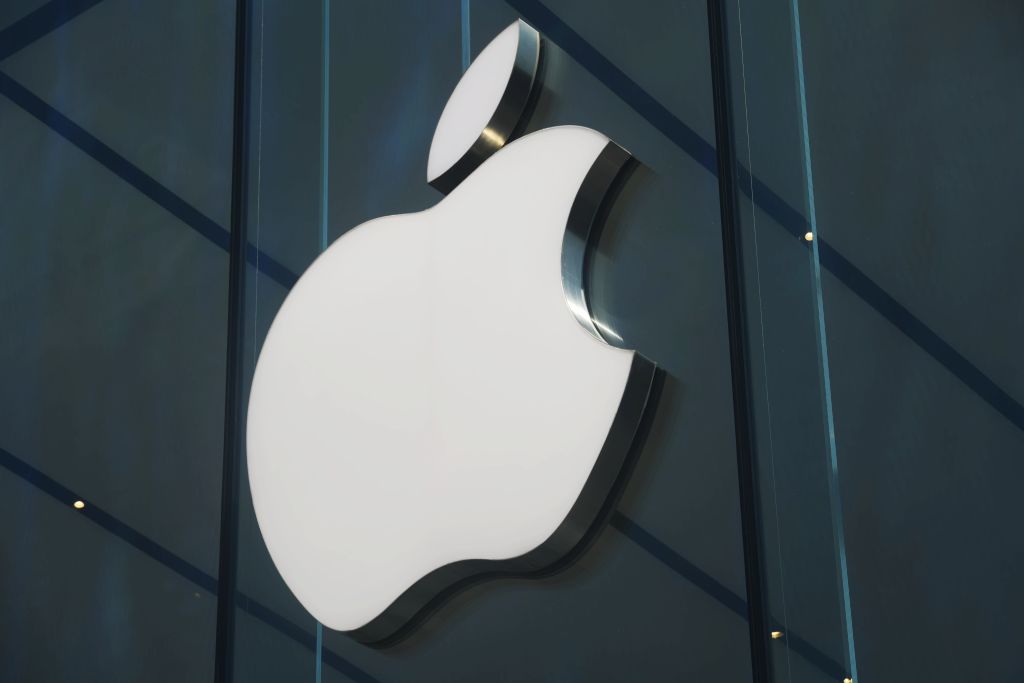
Apple Inc. lost its court fight over a €13 billion ($14.4 billion) Irish tax bill, in a boost to the European Union’s crackdown on special deals doled out by nations to big companies.
The E.U.’s Court of Justice in Luxembourg backed a landmark 2016 decision that Ireland broke state-aid law by giving the iPhone maker an unfair advantage.
The court ruled on Tuesday that a lower court win for Apple should be overturned, because judges incorrectly decided that the commission’s regulators had made mistakes in their assessment.
The ruling is a boost for E.U. antitrust chief Margrethe Vestager, whose mandate in Brussels is about to end after two terms.
In 2016, Vestager sparked outrage across the Atlantic when she homed in on Apple’s tax arrangements. She claimed that Ireland granted illegal benefits to the Cupertino, California-based company that enabled it to pay substantially less tax than other businesses in the country, over many years.
She ordered Ireland to claw back the €13 billion sum, which amounts to about two quarters of Mac sales globally. The money has been sitting in an escrow account pending a final ruling.
“We are disappointed with today’s decision as previously the general court reviewed the facts and categorically annulled this case,” an Apple spokesperson said.
At 4:16 a.m. New York time, Apple shares were down 1.3% at $218 in premarket trading on Tuesday.
While it is a negative outcome for Ireland, which had claimed it had not given any tax advantages to Apple or other tech companies to set up there, given how long the case took to reach completion, it is now unlikely to have much of an impact for the country that is a well established hub for the European headquarters of a large number of major tech companies.
Chief Executive Officer Tim Cook previously blasted the E.U. move as “total political crap.” The U.S. Treasury has also weighed in, saying that the E.U. was making itself a “supra-national tax authority” that could threaten global tax reform efforts. Then President Donald Trump said Vestager “hates the United States” because “she’s suing all our companies.”
The Apple decision was by far the biggest in Vestager’s decade-long campaign for tax fairness, which has also targeted the likes of Amazon.com Inc. and carmaker Stellantis NV’s Fiat. Vestager has argued that selective tax benefits to big firms are illegal state aid that are banned in the E.U.
At issue in Tuesday’s case were two tax deals with the Irish government in 1991 and 2007. Those agreements allowed Apple to mis-attribute Irish profits to a “head office” that “only existed on paper,” according to the E.U.’s assessment. In turn, this resulted in a massive reduction in tax bills. The E.U.’s antitrust arm argued the break Apple received was anti-competitive, amounting to illegal state aid.
The case landed at the E.U.’s top court after Vestager contested Apple’s win at a lower tribunal in 2020. Judges at the bloc’s General Court found E.U. state aid watchdogs made several errors.
Since then, the Dane has suffered several more tax defeats but she took comfort from the fact that judges backed her approach to using state-aid rules to attack unfair arrangements.
Apple was one of the first U.S. tech giants to set up in Ireland, as a result of its deliberately low corporate tax rate in the 1980s and early 1990s, designed to attract foreign investment. The company set up its European headquarters outside the southern city of Cork in 1980 and now employs around 6,000 in the country.
In the years since, many tax loopholes once available have been closed and Ireland in 2021 signed up OECD measures that include a global minimum rate of 15% for multinational corporations.
